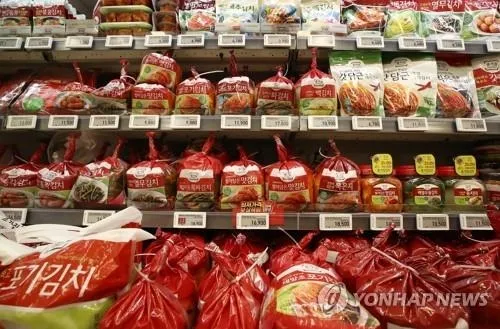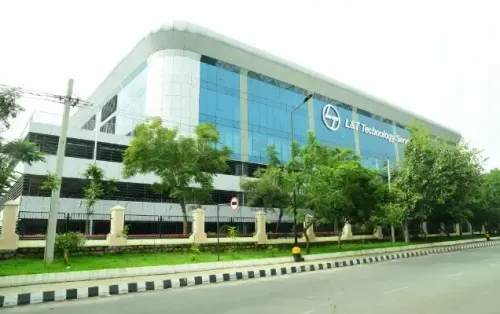South Korea's Consumer Inflation Expected to Remain at 2%

Synopsis
Key Takeaways
- Inflation in South Korea projected to stabilize at 2%.
- Government committed to maintaining stable consumer prices.
- Measures planned to boost tourism sector.
- Corporate loans grew at the slowest rate in eight years.
- Uncertainties include global oil price volatility and domestic political issues.
Seoul, March 7 (NationPress) The finance ministry of South Korea has indicated that inflation is likely to stabilize around 2 percent for the foreseeable future. This announcement, made on Friday, emphasizes the government's commitment to maintaining stable consumer prices.
In February, inflation stood at 2 percent, attributed to a deceleration in the price hikes of both petroleum and agricultural goods. First Vice Finance Minister Kim Beom-suk stated that this trend is expected to persist.
Kim further noted that the government will exert maximum efforts to ensure inflation remains stable, especially in light of uncertainties such as unusual climate conditions, fluctuations in global oil prices, and domestic political challenges, as reported by Yonhap news agency.
Additionally, the ministry plans to introduce measures later this month aimed at revitalizing the tourism sector.
The growth in the number of inbound visitors from Japan and China has been slower than anticipated, prompting the ministry to formulate strategies to enhance convenience for foreign tourists and create appealing tourism content.
Furthermore, the ministry will unveil plans for developing artificial intelligence (AI) models and establishing infrastructure for the technology later this month, as part of initiatives to improve the country's competitiveness.
In another development, corporate loans saw their slowest growth in eight years during the fourth quarter of 2024, according to data from the central bank released on Friday.
The total loans to local enterprises reached 1,962.2 trillion won (approximately $1.36 trillion) by the end of December, reflecting an increase of 3.3 trillion won from the previous quarter, as reported by the Bank of Korea (BOK).
This growth rate marks the lowest since the fourth quarter of 2016, when loans decreased by 900 billion won.
By industry, loans to manufacturing companies dropped by 1.6 trillion won to 483.4 trillion won at the end of December, marking the first quarterly decline since the fourth quarter of 2023.
In contrast, loans in the service sector increased by 3.9 trillion won to 1,253.7 trillion won during the same period, though this growth is a slowdown compared to the 7.5 trillion-won rise in the previous quarter.
A BOK official remarked, "The demand for corporate facility funds appears to have diminished due to uncertainties both domestically and internationally."
South Korea is facing numerous downside risks as uncertainties arise from U.S. President Donald Trump's new tariff proposals and domestic political instability linked to the now-suspended President Yoon Suk Yeol's unexpected martial law declaration in December.










